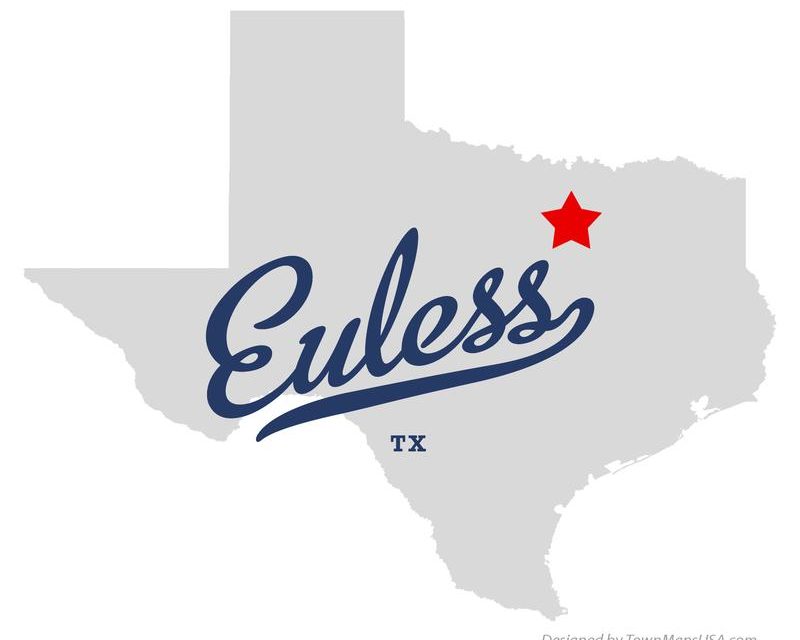From “Appendix 1: Registration” attached to the Federation of State Medical Board’s “Model Guidelines for the Recommendation of Marijuana in Patient Care.”
The following are common factors oversight agencies rely on in referring physicians to the state board for possible abuse of marijuana recommendations:
1.Physician caseload as determined by the number of patients for whom marijuana is recommended. A high caseload is calculated as 3,521 or more patient recommendations in one year for a general practitioner. This reflects the recommendation of patients equal to or greater than the national average of patient visits per year for a generalist physician as reported by the Centers for Disease Control and Prevention (Co. Registry Policy # 2014-04_001);2.The plant and ounce recommendations by the physician. Physicians recommending an amount of marijuana above the standard set within a state’s statutes will be referred to the state medical board for review;3.Age demographics of the patient caseload. According to the CDC, older adults have a significantly higher prevalence of chronic conditions than younger adults. Physicians for whom more than one-third of the patient caseload is under the age of 30 may be recommended for referral; and4.Other circumstances determined by the overseeing agency. The oversight agency may also refer physicians to the state medical board if there is evidence of potential violation of the constitution, statutes, state medical board regulations or any violation of the Medical Practice Act. If evidence supports a referral, the overseeing agency will issue a formal referral to the state medical board with the physician’s identifying information, the reason for the referral, and any statistical data supporting the referral. Once the referral is received, the state medical board typically reviews the documentation and conducts an investigation as deemed appropriate.





